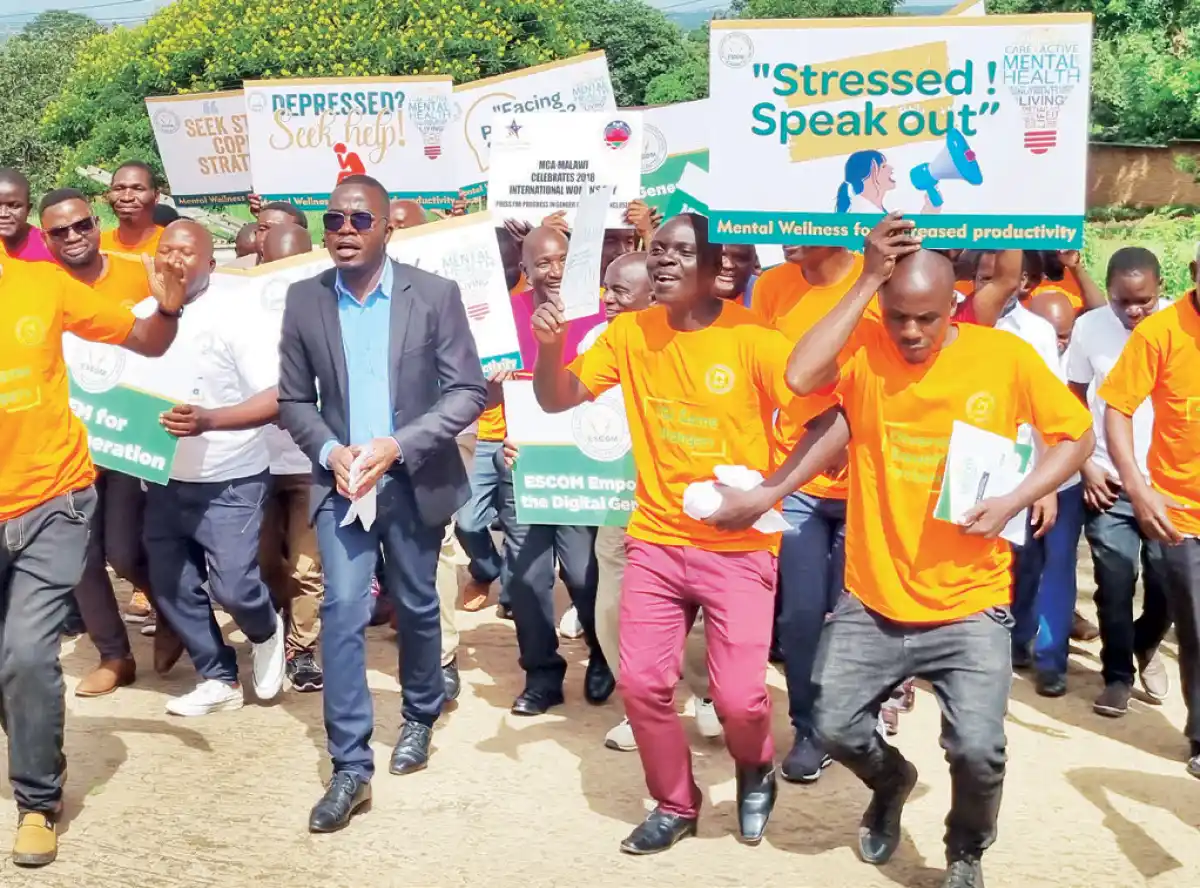
The Electricity Supply Corporation of Malawi (Escom) has announced that it is working to improve gender balance in management and other positions to ensure compliance with the 60-40 rule, a provision in the Gender Equality Act.
At a men’s conference in Mzuzu on Friday, it was disclosed that only two out of 10 directors at Escom are women, a figure that needs to be addressed.
Escom Director of Projects and Development, Sinosi Maliano, said the law aims to enhance gender equality and empower women in Malawi.
“We are still struggling when it comes to our executive management; we have about 10 directors, but only two are women.
“Ideally, we would prefer to have five men and five women and we also seek greater inclusion of women in senior management and senior technical roles,” Maliano said.
He added that Escom is currently implementing a number of initiatives, supported by projects funded by the World Bank, to increase women’s participation.
“In fact, the recent funding includes provisions to accelerate the employment of women,” the Escom official said.
The conference, themed ‘Creating a Cohort of Game Changers’, saw the participation of approximately 180 male Escom employees, providing them with a platform to discuss the challenges they face.
Maliano acknowledged that their work is physically demanding, with tough customers and frequent injuries, yet men often struggle to express their difficulties.
Acting Escom Regional Manager for the North, MacGivings Longwe, said when employees open up, it can lead to improved work productivity.
“The conference is very important because, initially, we didn’t have anything like this within our institution. It gives our men an opportunity to share their experiences of working with women.
“This will help when we start recruiting more women to meet the 60:40 target, as it should make it easier for them to work in harmony,” Longwe said.
Prior to the conference, the men participated in a solidarity march, carrying placards encouraging men to speak out when feeling depressed.
Similar conferences were held in Blantyre and Lilongwe last year.






0 Comments